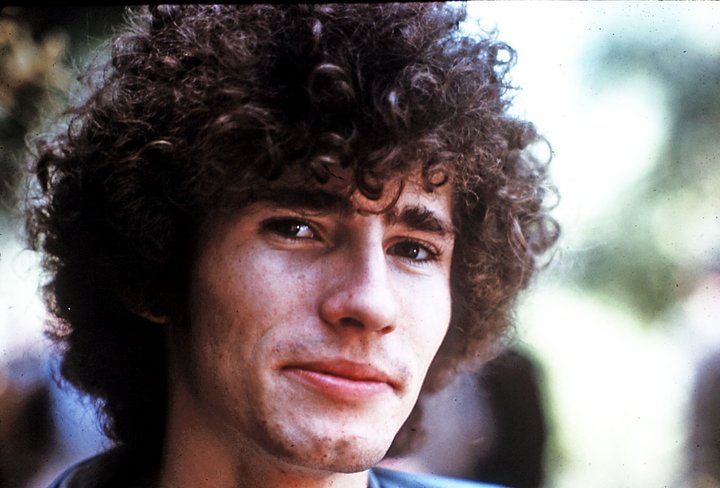Tim Buckley was 19 when he recorded his self-titled debut album in August 1966 at Sunset Sound in Los Angeles. The record was cut in only three days and released a couple of months later, in October. Buckley’s road to fame was unusual: he had been spotted by The Mothers Of Invention’s drummer Jimmy Black while playing a gig at The Trip on Sunset Strip, and Black suggested that the band’s manager, Herb Cohen, take a look at the teenage singer-songwriter from Washington, DC. Cohen was also impressed and sent a demo tape of Buckley to Jac Holzman, then president of Elektra Records. Holzman was sufficiently interested to arrange to see Buckley perform at Night Owl Cafe in New York City’s Greenwich Village.
Listen to Tim Buckley’s debut album here
“He was exactly the kind of artist we wanted”
“I must have listened to the demo every day for a week,” Holzman recalled. “Whenever anything was bringing me down I’d run for the Buckley; it was a restorative. We spent a long late afternoon together and I explained to Tim that Elektra was growing in a new creative direction and that he was exactly the kind of artist with whom we wanted to grow, young and in the process of developing, extraordinarily and uniquely talented, and so ‘untyped’ that there existed no formula or pattern to which anyone could be committed.”
Tim Buckley’s self-titled debut album, which contained 12 songs – seven of which were written with his high-school friend and future poet Larry Beckett – included sleevenotes that played up the youngster’s freshness in the descriptions. “Tim Buckley – an incredibly thin wire, just 19 years old, is already a kind of quintessence of nouvelle, the sensitivity apparent in the very fineness of his features. The man is a study in fragile contrasts: yet everything is in key, precise. His songs are exquisitely controlled: quiet, complex mosaics of powerful electric sound, they hold the magic of Japanese water colors. The voice – crisp, full of strength and character – can soar, yet remain tender and delicate.”
Sophisticated lyrics and a sensitive guitar style
Holzman and his fellow co-producer, Paul A Rothchild, assembled a top-class band to bring out the best from Buckley’s deep tenor voice. The musicians at Sunset Sound included Lee Underwood on lead guitar, Jim Fielder on bass guitar, Van Dyke Parks on piano, celesta and harpsichord, and Billy Mundi on drums and percussion. Jack Nitzsche was responsible for the lavish, poignant string arrangements.




